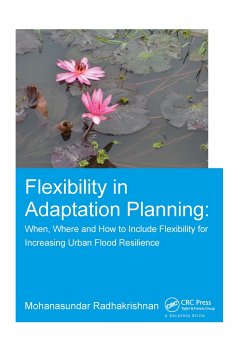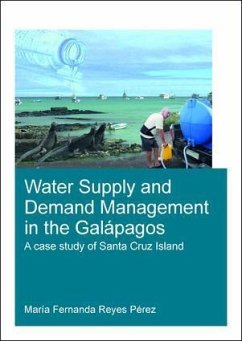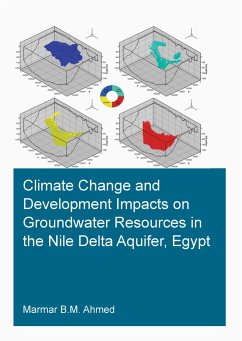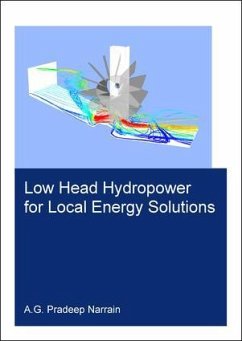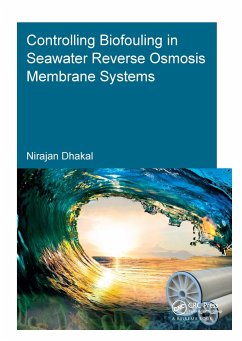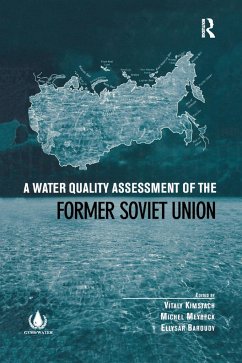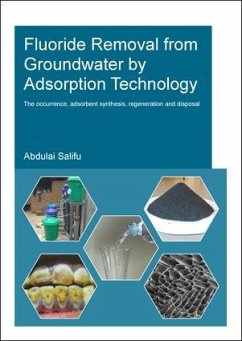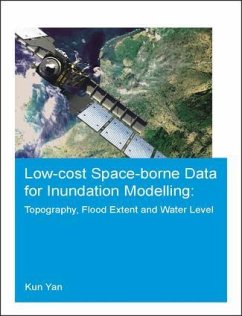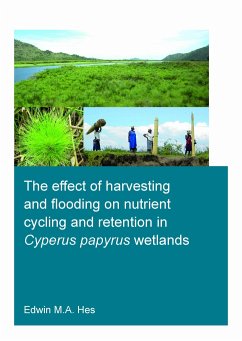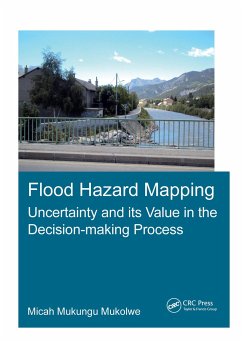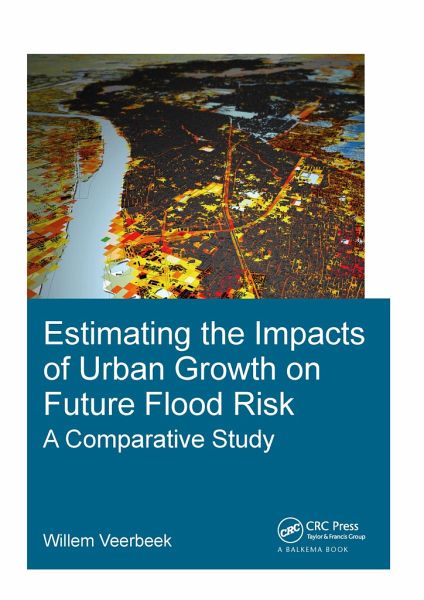
Estimating the Impacts of Urban Growth on Future Flood Risk
A Comparative Study
Versandkostenfrei!
Versandfertig in über 4 Wochen
147,99 €
inkl. MwSt.

PAYBACK Punkte
74 °P sammeln!
The unprecedented growth of cities has a significant impact on future flood risk that might exceed the estimated impact of climate change many metropolitan areas across the world. Although the effects of urbanisation on flood risk are well understood, assessments that include spatially explicit future growth projections are limited. This comparative study provides insight in the long term development of future riverine and pluvial flood risk for 18 fast growing megacities. The outcomes provide not only a baseline absent in current practise, but also a strategic outlook that might better establ...
The unprecedented growth of cities has a significant impact on future flood risk that might exceed the estimated impact of climate change many metropolitan areas across the world. Although the effects of urbanisation on flood risk are well understood, assessments that include spatially explicit future growth projections are limited. This comparative study provides insight in the long term development of future riverine and pluvial flood risk for 18 fast growing megacities. The outcomes provide not only a baseline absent in current practise, but also a strategic outlook that might better establish the role of urban planning in limiting future flood risk.



